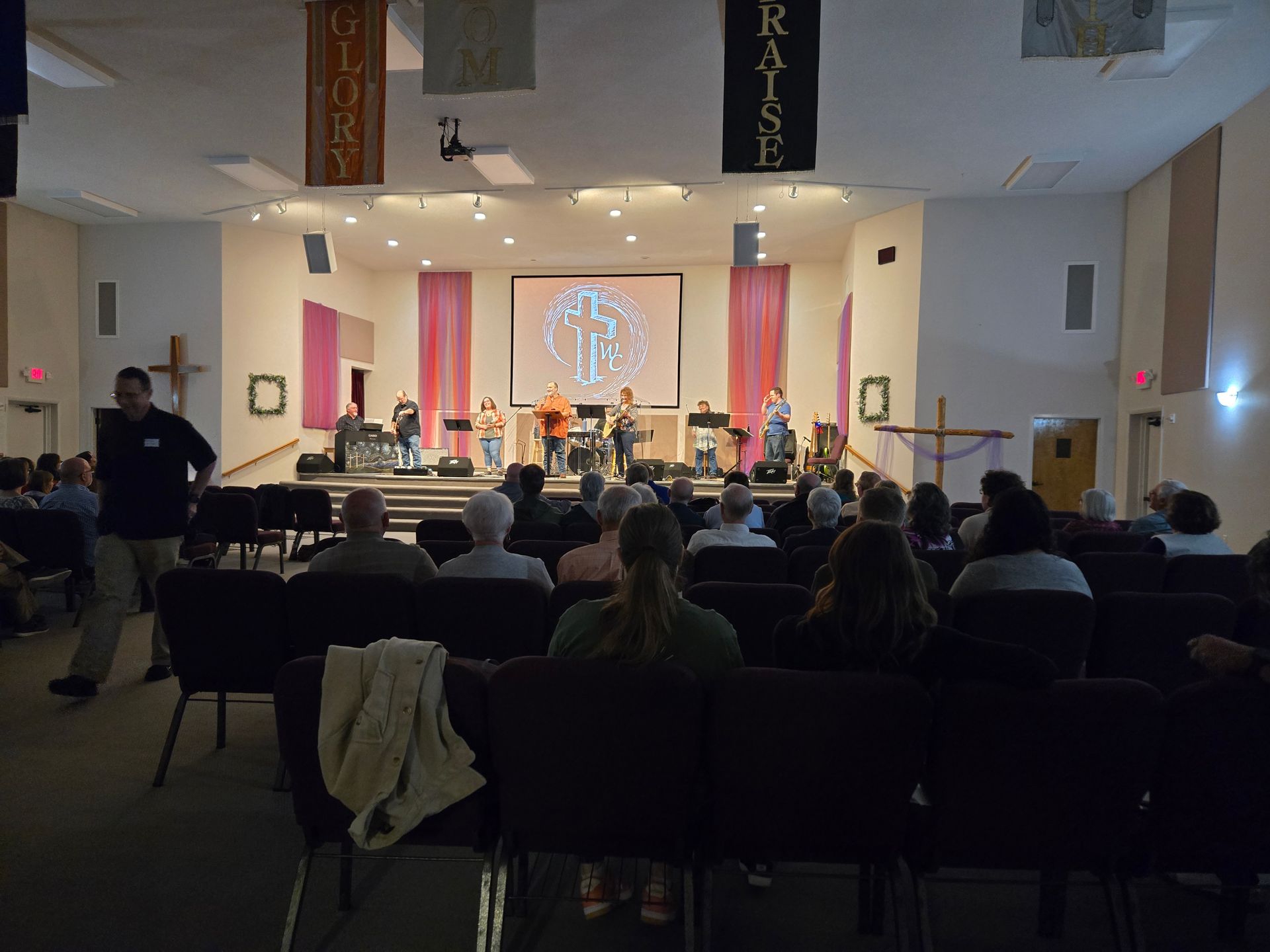Individualism vs. The Larger Story
Platon is a world-renown photographer who has captured some of the most fascinating photographs of the 21st century. You’ve more than likely seen his work and don’t even know it. His passion, like any dedicated artist who excels at his craft, is to snatch not just a moment, but to crack open the pages of someone’s story so others can experience something outside themselves. Platon actually says he’s more of a storyteller and less of a photographer. It’s beautiful to watch.
In the Netflix documentary Abstract, there’s a scene where Platon is given the opportunity to sit with Colin Powell. Introductions are made and right away, a conversation begins taking place. I’m not talking about superficial stuff like, “how was your drive over,” or “how’s the weather outside?” Instead, it’s incredibly intentional. Platon shows Powell his collection of military photographs and projects he’s working on. They walk through the studio together, taking in what’s really the retelling of stories one by one. Then, the photographs begin—though the session started the moment Powell walked through the door.
Platon uses film instead of digital cameras as he sits in front of the subject. He notes that when people use digital, they’re constantly checking their screens to look at the photo they’ve just captured. What photographers don’t realize, he says, is that they cause a break in the relationship and storytelling. So, Platon snaps away with his film camera and never disengages from the subject. What they’re doing at that particular moment is the most important thing in the room.
You can hear Platon say in the clip as he’s narrating the photo session, “Suddenly, I break through a tiny bit. And instead of taking it and absorbing it, I give it right back times 1,000…and I yell in their face. The shock of that destroys all walls they thought they were building.”
I haven’t been able to shake this quote because I realize it’s what we do in ministry! It’s who we are as Brethren.
When people venture out to discover more of Jesus, they’re often testing the waters. Even seasoned Jesus followers test new waters every once in a while. As a leader, when we see a breakthrough in their life, even a tiny one, some part of their story that’s a pivot or twist in their narrative, we should point it out and throw it right back at them times 1,000! Don’t hold on to the moment selfishly as a success you’ve had as a ministry laborer, but throw it right back and see what Jesus will do with it. Then, once people taste a bit of breakthrough, the walls they thought were impenetrable suddenly begin to crack, revealing something incredible.
As Brethren, one of our shared values is a generational mandate—the open invitation for each generation to uniquely come together and offer a fresh expression of the gospel. It’s really what Platon does on a daily basis with his photographs—offering his subjects the opportunity to be heard and contribute to a larger story. But how good are we at listening to others? Are we listening to others with digital cameras and missing their story, or are we using film and staying in the moment? Are we offering feedback and affirming their contribution, or merely “posing” them to fit what we believe their photo should look like? Should individual photos tell a unique story, or only be taken so they can be lumped into a larger collection? Platon, whether he realizes it or not, is practicing generational mandate.
As Brethren who care about personal stories of faith and fresh expressions, we should take note of what it means to engage with people in their stories. I’d love to see more communities take in and retell what’s impacted someone powerfully. Be with them in the moment as if what they’re saying is of unbelievable value. Engage them like Jesus engaged children, blind beggars, families who mourned the death of their brother, hungry crowds, confused disciples, despised tax-collectors, or the marginalized who have been thrust into the fringes of society. If we’re not engaging people and listening to their stories, we run the risk of missing a generation’s unique contribution to our community.
What if each generation of Brethren became a Platon?










